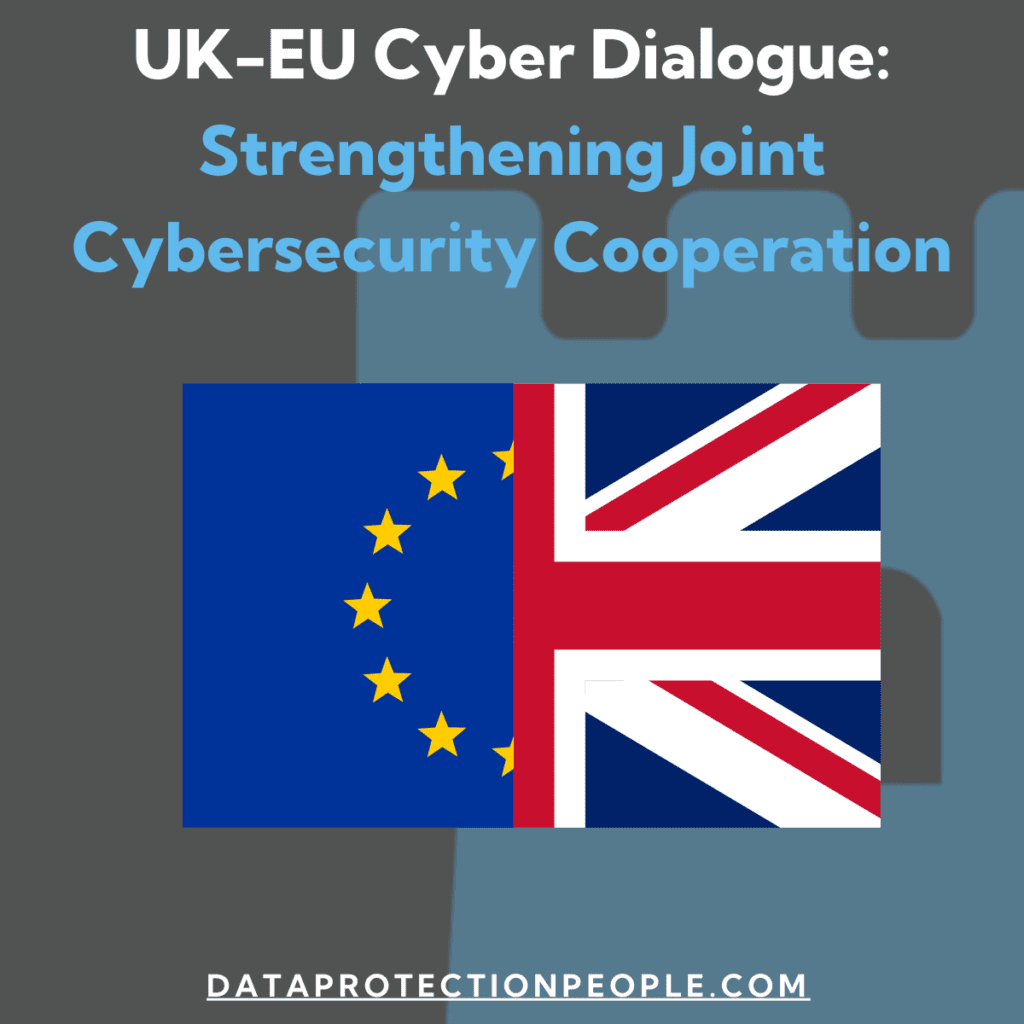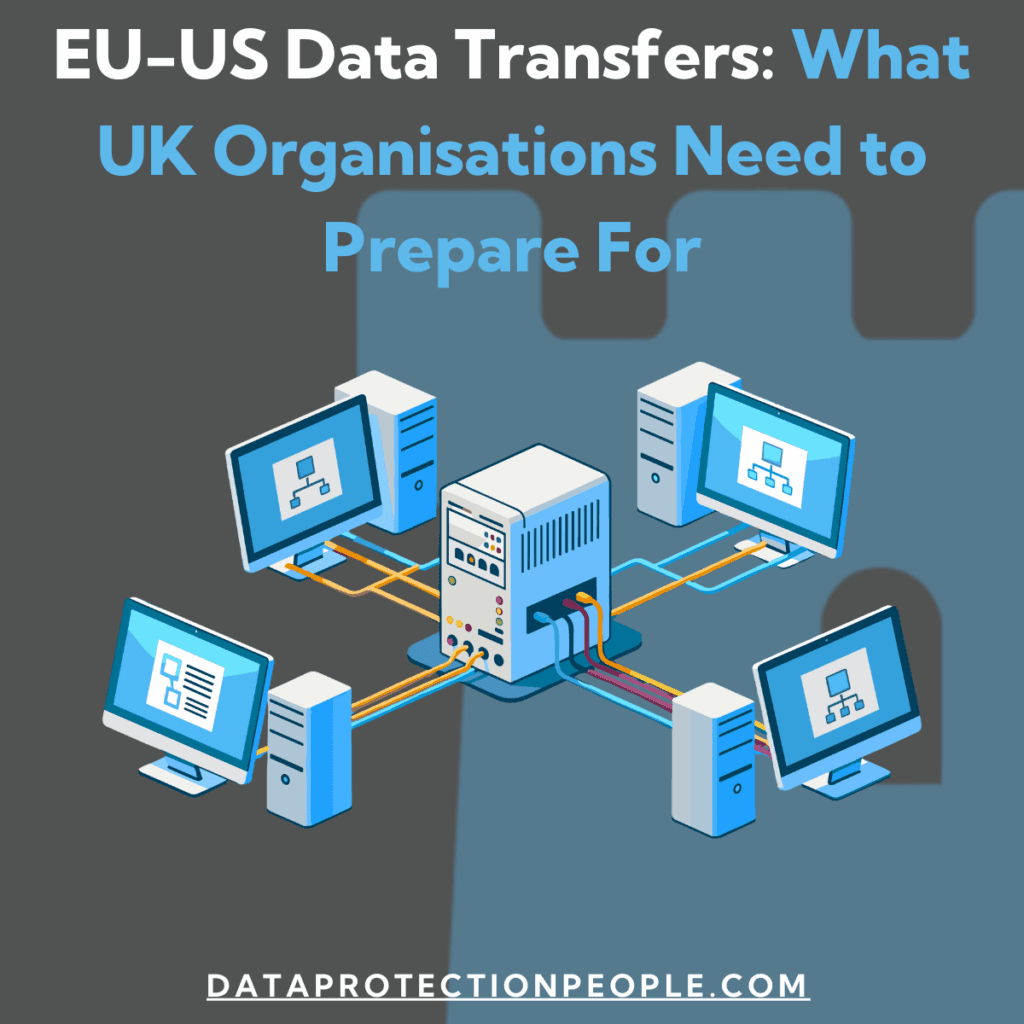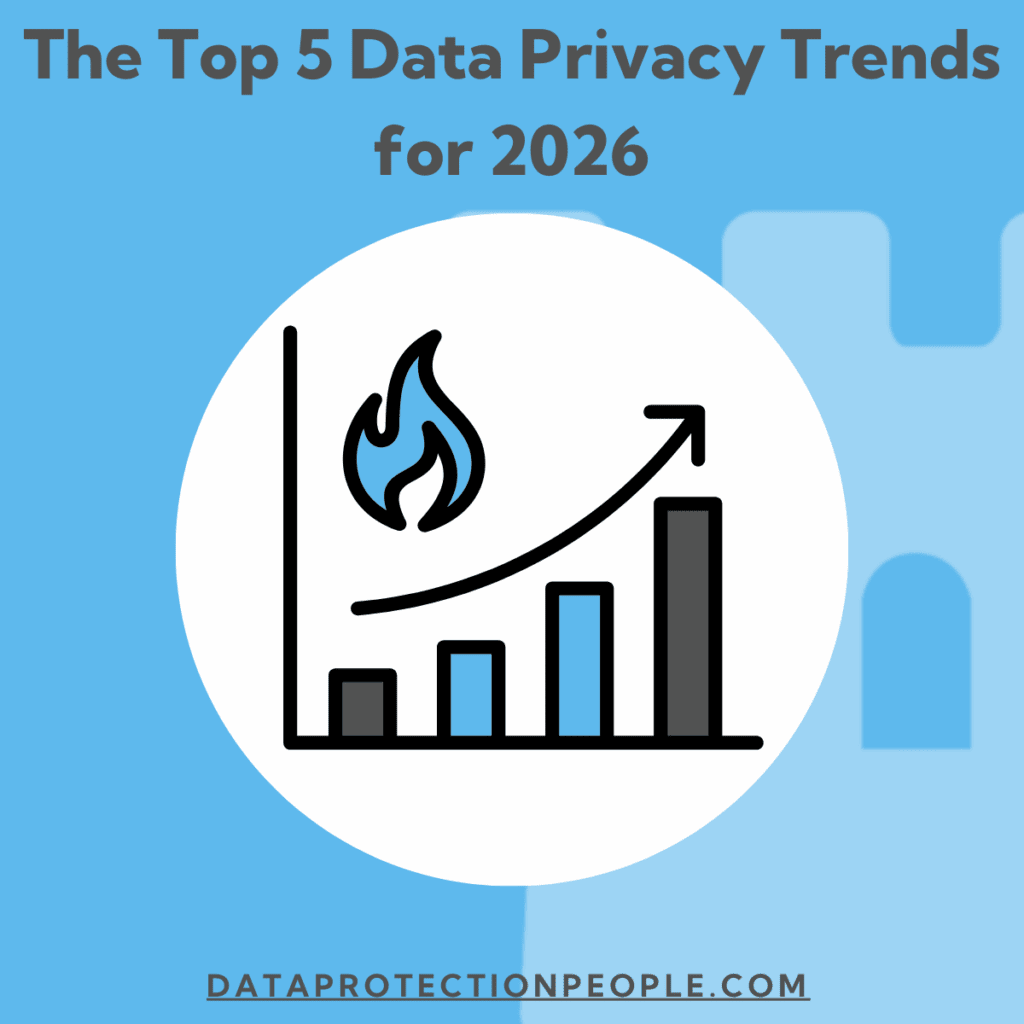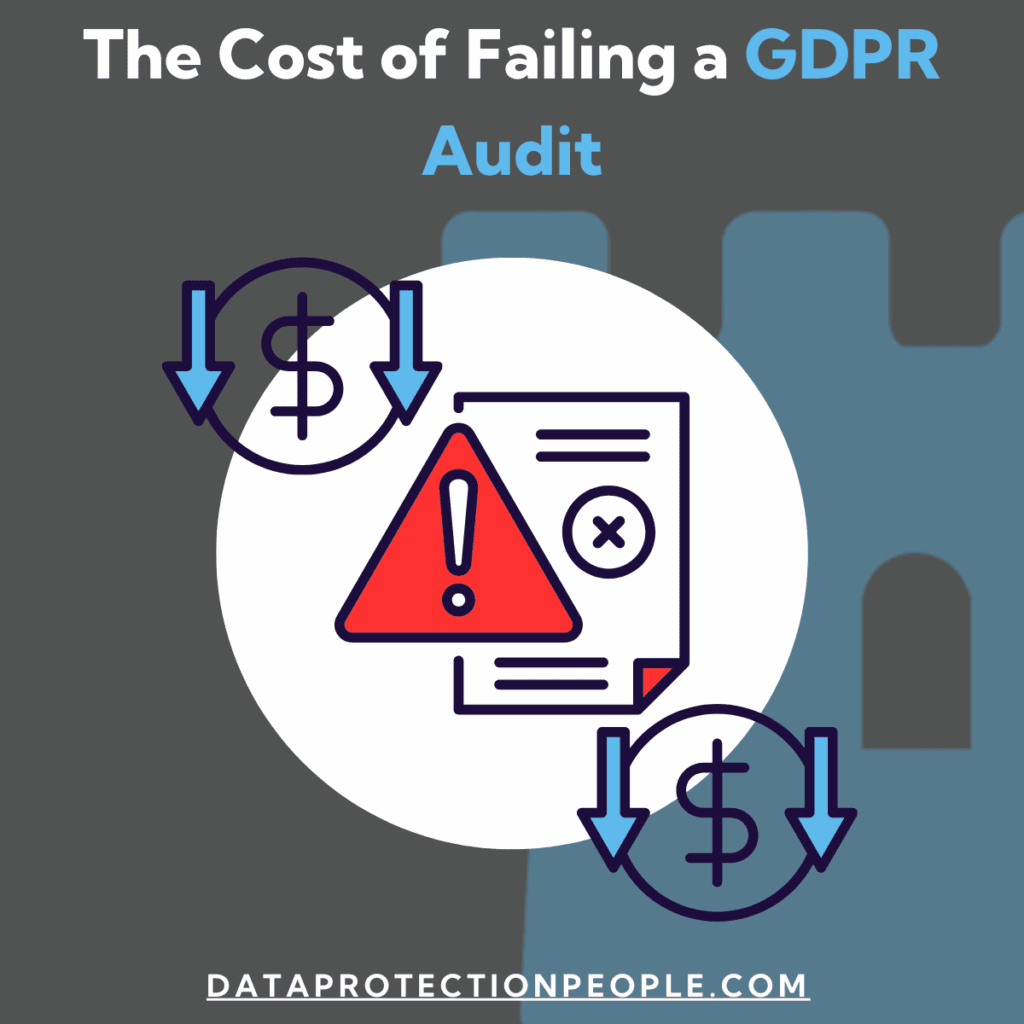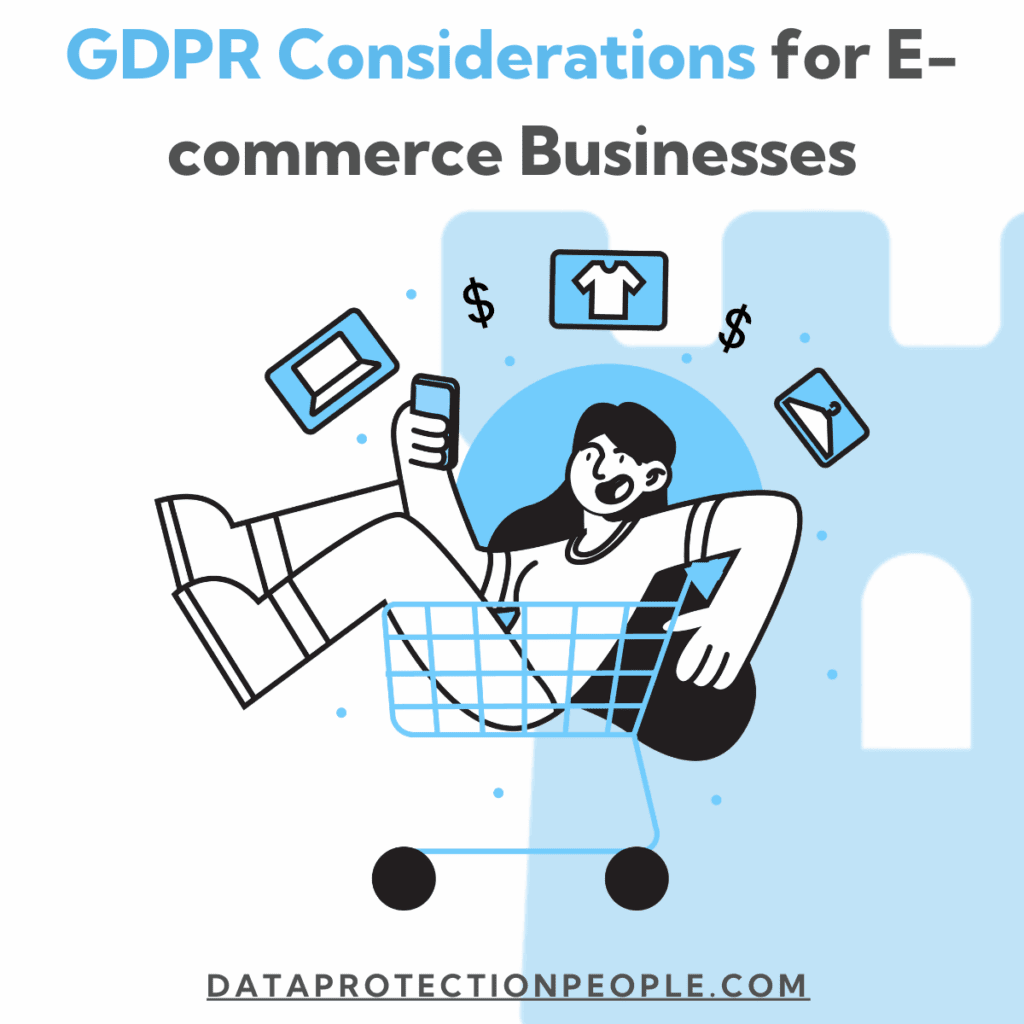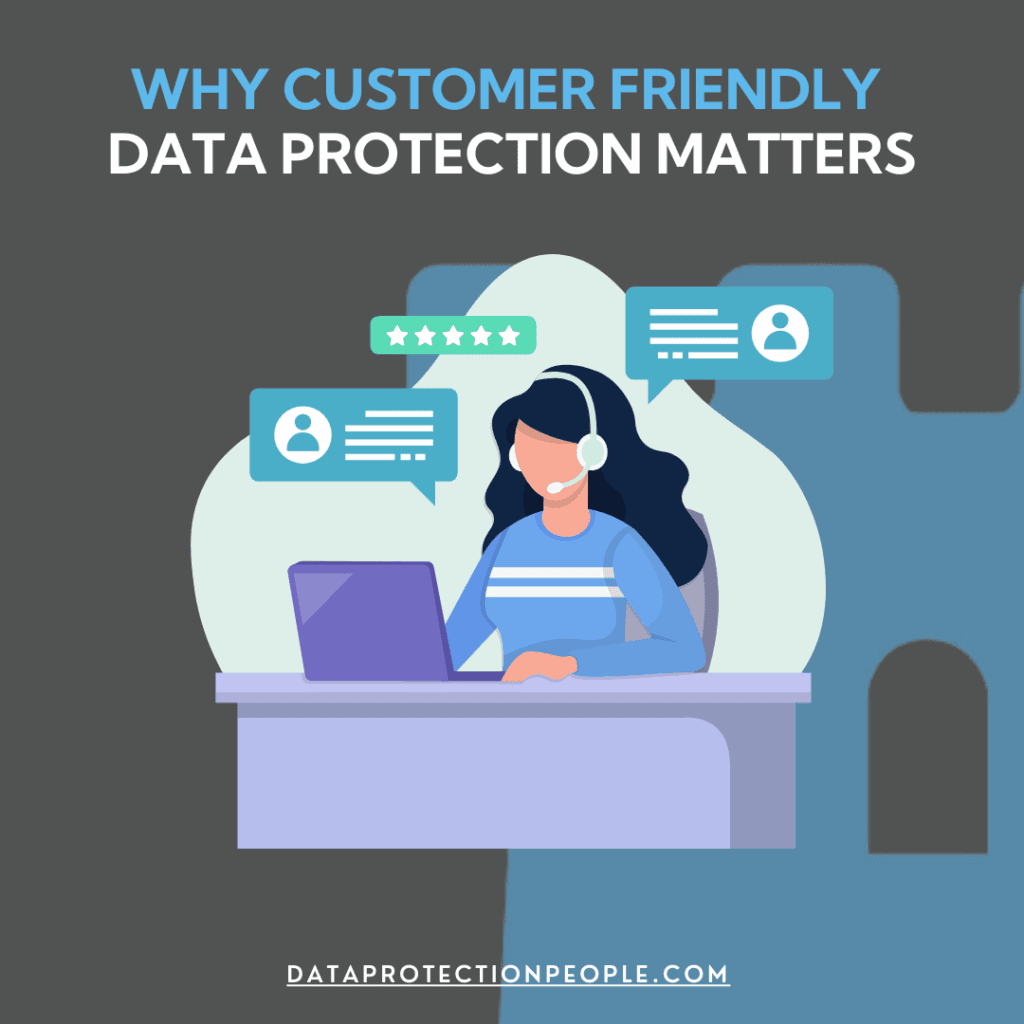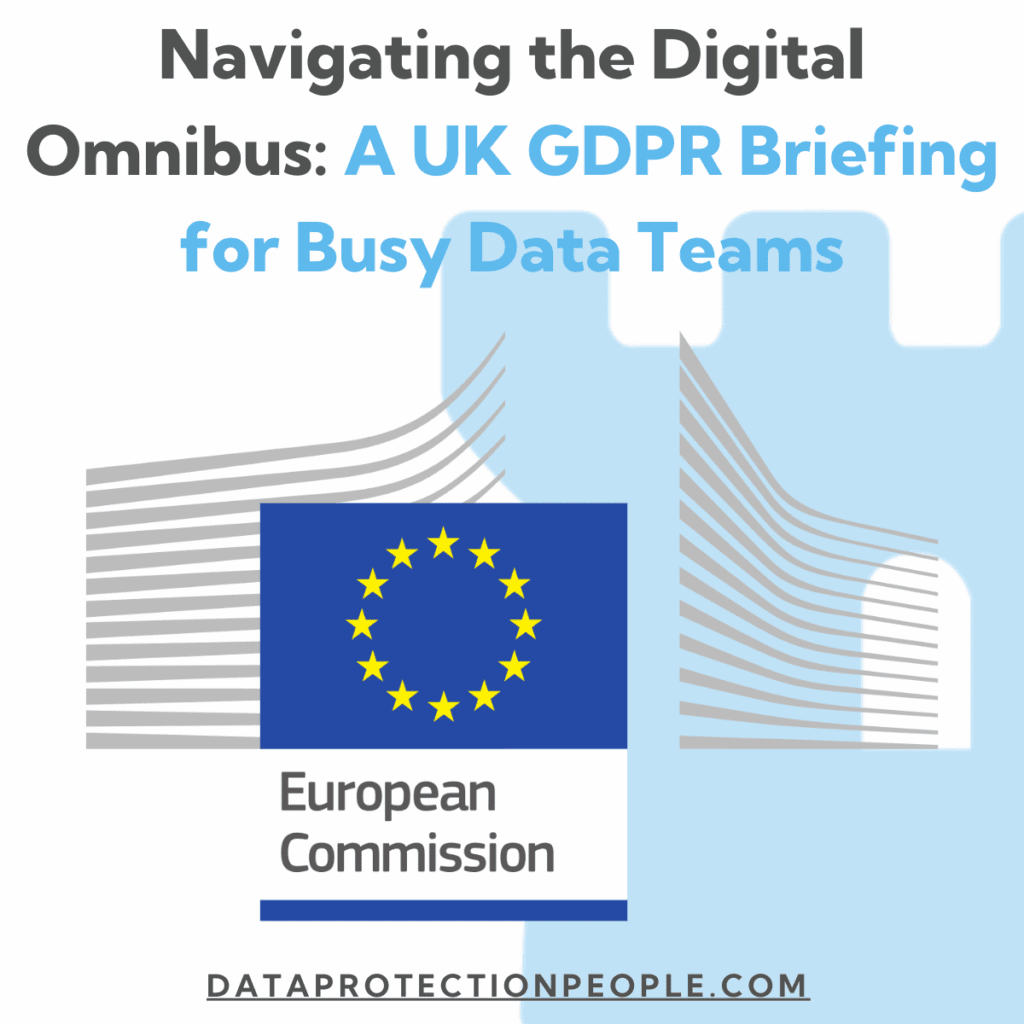UK-EU Cyber Dialogue: Strengthening Joint Cybersecurity Cooperation The third UK-EU Cyber Dialogue took place in Brussels on 9 and 10 December 2025, bringing senior officials from the United Kingdom and the European Union together to advance cooperation on cyber security policy, regulatory alignment and operational resilience. Held under the framework of the UK-EU Trade and…
-

-

US Travel Proposal Raises Data Protection Concerns for UK Tourists UK tourists planning a trip to the United States may soon face new and far-reaching data collection requirements. A proposal published by US authorities suggests that visitors from visa waiver countries, including the UK, could be required to provide up to five years of social…
-

EU-US Data Transfers: What UK Organisations Need to Prepare For EU-US data transfers continue to be a complex and evolving compliance challenge for organisations that transfer personal data from the European Union to the United States. A recent analysis from privacy group NOYB warns that existing mechanisms, including the Transatlantic Data Privacy Framework (TADPF) and…
-

Council Data Breach: London Boroughs Activate Emergency Plans After Cyber Attack Three London councils, including the Royal Borough of Kensington and Chelsea (RBKC), Westminster City Council, and Hammersmith and Fulham, have triggered emergency response plans following a significant cyber incident affecting shared systems. The attack, now under investigation by the National Crime Agency and GCHQ’s…
-

2026 is set to be a busy year for data protection. From stronger AI governance to the rise of tools that safeguard personal data, these developments will redefine how we work and live online. 1. Rising Consumer Awareness and Demand for Transparency Consumers have more awareness than ever on how their data is being collected…
-

A GDPR audit can expose weaknesses in how you collect, store and use personal data. Those weaknesses could lead to investigations and even substantial fines under some of the world’s strictest data protection laws. But fines are just one of the costs of failing a GDPR audit. In this article, we’ll discuss the financial consequences,…
-

Ecommerce businesses cannot survive without personal data, which means that they must be GDPR compliant. But what does that mean? In this article, we’ll talk about why GDPR is important for ecommerce businesses, what the requirements are and some practical steps you can take to stay compliant. Why Is GDPR Critical in Ecommerce? Whether it’s…
-

Making Data Protection Customer Friendly, With Beyond Encryption Data protection is often something people feel they have to get past rather than something that helps them feel safe. Cookie banners, long forms, and dense notices can make privacy feel like a hurdle instead of part of being supported. That disconnect creates problems for trust, confidence,…
-

Join Our Growing Team at Data Protection People Data Protection People is expanding at a pace we have never seen before. Our team is the largest it has ever been and with our biggest year ahead, we are now looking for an ambitious Business Development Manager to help drive the continued growth of our Cyber…
-

Navigating the Digital Omnibus: A UK GDPR Briefing for Busy Data Teams On 19 November 2025, the European Commission published its Digital Omnibus package. This set of proposals would update several major EU digital laws, including the GDPR, ePrivacy framework, AI Act, Data Act and Data Governance Act. The goal is to simplify compliance and…
Join our community
Our mission is to make data protection easy: easy to understand and easy to do. We do that through the mantra of benchmark, improve, maintain.

